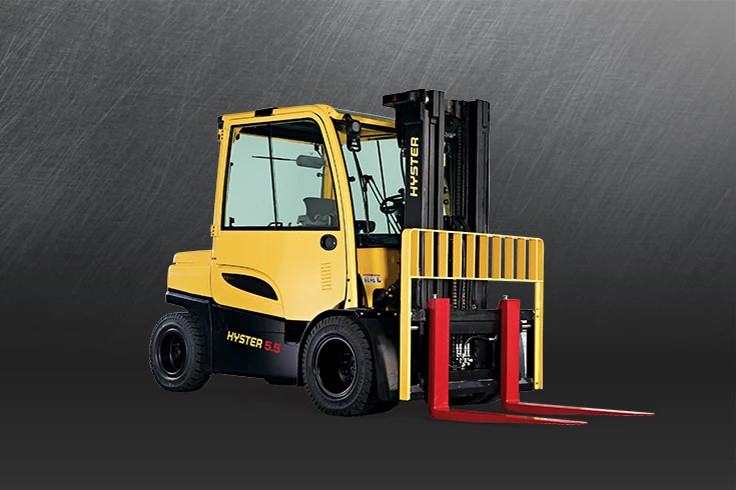Industrial products are support goods that businesses buy to facilitate the production of other goods. Therefore, they are different from consumer goods purchased for personal use.
The products are classified into raw materials, manufactured parts, and capital items. The major equipment used in production, like factories and tractors, are considered capital items. Accessory equipment, like vehicle lubricants, is also part of the industrial product category.

Major Equipment
An industrial product part is an item used to produce or process other goods. It can include Hyster forklift parts, tractors, automobiles, computers, typewriters, and machinery.
Major equipment is expensive items that last for more than one year and are usually necessary for a business to operate efficiently. They’re found in wholesale and retail operations, including cash registers and forklifts.
Accessory equipment is less expensive and has a shorter life than significant equipment. They can include tools, shelving, and office equipment.
These products are often marketed through intermediaries because the buyers of accessory equipment are scattered over a large geographic area and have limited buying volume. They can also be challenging to sell directly because each buyer only makes a small purchase.
Accessory Equipment
An accessory equipment is a finished device that supports, supplements, or augments the performance of one or more parent devices. It is intended to be used with a specific parent device and may include labeling, promotional materials, or other evidence of intended use.
Major equipment includes machinery, vehicles, engines, and other items used to make or sell goods or services. They typically have a long useful life and are expensive.
Accessory equipment is less costly and shorter-lived than installations and includes items that buyers use to produce their products but do not form part of the final product. These items include handheld tools, small machines, forklift trucks, hammers, wrenches, levers, and other agencies involved in the production process.
The marketing of accessory equipment is usually done through intermediaries because the buyers of these products are scattered over a large geographic area, and the individual purchase volume is minimal. Therefore, if the company is a small business, there is no separate MDUFA user fee associated with an Accessory Classification Request submitted as part of a 510(k) or PMA application.
Supplies
Industrial product parts are goods used to produce other products or render services. They include accessory equipment; installations; parts; maintenance, repair, and operating items and supplies; raw materials; and fabricating materials.
The category also includes merchandise destined for use in carrying on various types of institutional enterprises. It contrasts with goods destined for consumption by individual ultimate consumers or resale to them.
There are two main categories of raw material supply: natural products and manufactured materials and parts. The first type consists of farm products like wheat, cotton, fruits, vegetables, and livestock. These are mainly supplied by small producers who sell them to marketing intermediaries.
Marketers
Industrial product parts are a class of products that help an organization make, process, or sell other goods. They may be significant machinery or small things like batteries and radiators.
There are two types of marketers in the world of industrial product parts: those who buy and sell the goods on a wholesale or retail basis and those who manufacture or market them directly to their customers. Direct supply is often the only way for these entrepreneurs to gain a foothold in this highly competitive sector.
The most successful manufacturers of these products usually employ a team of experts to help guide them along the way. This team comprises engineers, sales and marketing specialists, accountants, and financial experts. One of the main challenges is ensuring that these companies have the appropriate policies to protect their interests in case of a business failure.
Distributors
The distribution of industrial product parts is a crucial component of the success of an industrial producer. This is because distributors are the most important and often the only people a producer can depend on for specialized technical assistance and field service.
A producer must periodically evaluate its distributors. If, for example, a distributor’s market share in its territory is declining, it may be time to consider adding a new type of distributor to the mix.
